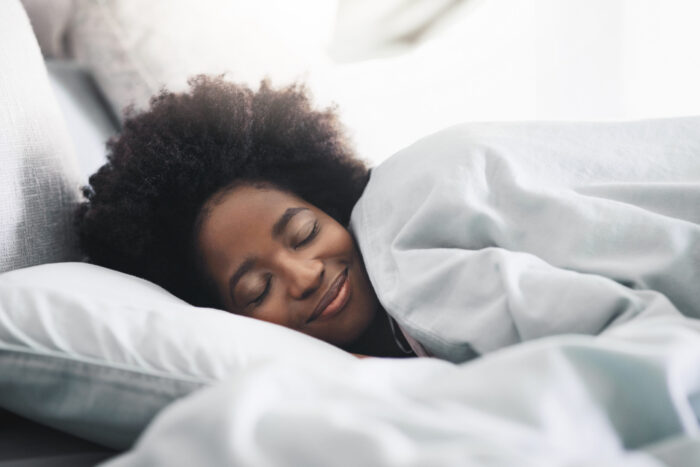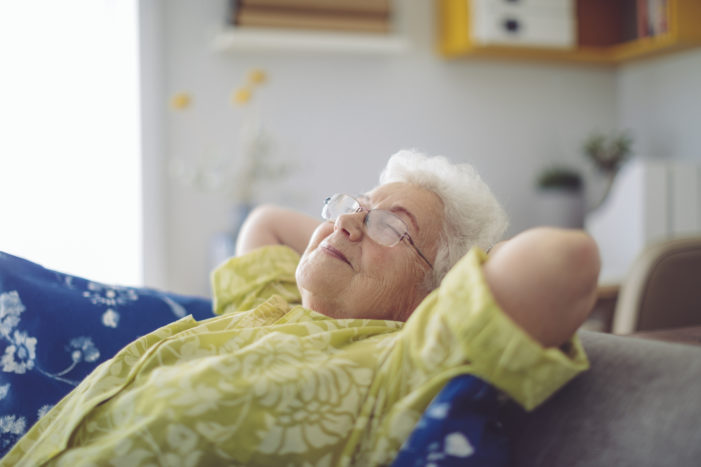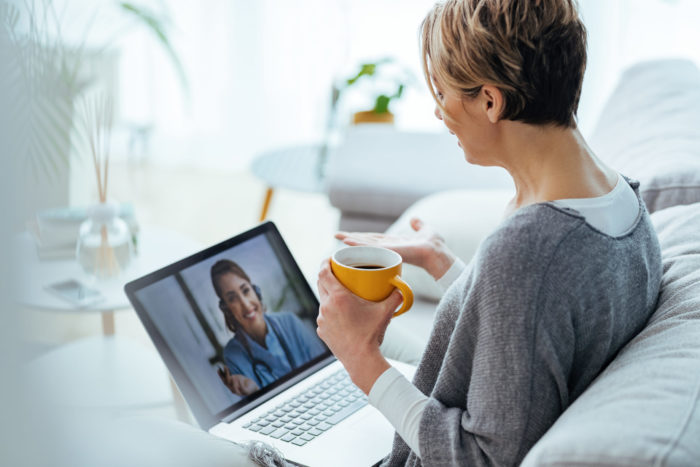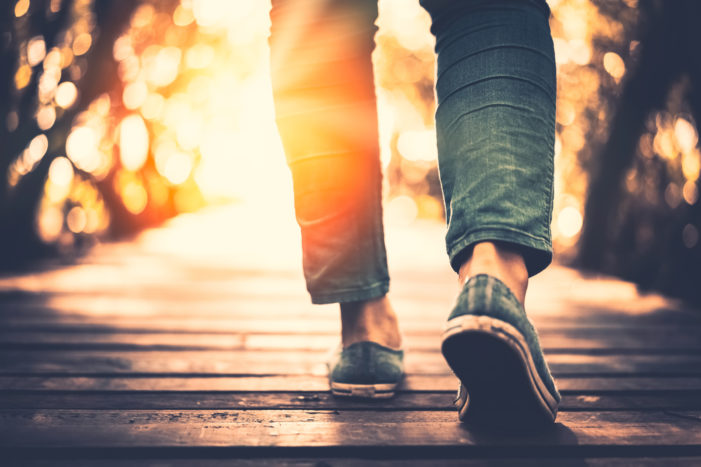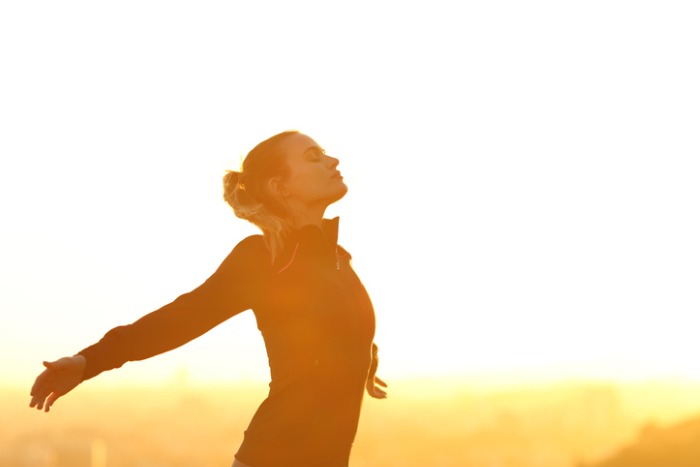
Why yangsheng and the art of nourishing life is important
At the start of the Chinese New Year in February 2021, I listened to a webcast from one of my favorite teachers, Lillian Pearl Bridges. Lillian is an expert on Face Reading. She can tell what’s going on with a person’s health and wellness just by looking at their face. Lillian also has a broad knowledge of Chinese astrology and Feng Shui. I have taken a number of Lillian’s classes, and I look forward to the special Chinese New Year forecast that she presents to Chinese Medicine practitioners each year.
This year, when Lillian shared her thoughts about the year of the Ox, she stressed the importance of practicing yangsheng. The ox is a very respected animal, and it is valued for its ability to work hard and endure. This year will require patience and an emphasis on yangsheng. Simply put, yangsheng refers to the practice of nourishing life that has been in existence and documented for other two thousand years. “Yang” translates to nurture or nourish. “Sheng” translates to life or vitality. This is a practice of self-cultivation or self-care that is believed to be crucial to overall health and longevity.
How to practice yangsheng
Another favorite teacher of mine is Peter Deadman. He has written a number of books on Chinese Medicine and has delved deeply into yangsheng. He states that there are three main ways to practice yangsheng:
First, avoid behavior that causes harm. This includes consuming alcohol excessively, smoking, eating poor quality food, allowing emotions to damage our mental health, and not being physically active.
Second, engage in activities that promote health and well-being. This includes eating healthfully, exercising appropriately, fostering positive emotions and managing negative emotions, practicing good sleep hygiene, cultivating positive relationships, and spending time in nature. Follow this link to read my blog on how to improve your sleep. To help manage emotions, click this link to read a blog I wrote on how to manage stress and anxiety.
Third, practice exercises specifically designed to nourish life. This includes qigong, taiji (also known as tai chi), and yoga. Other yangsheng-specific activities include meditation, mindful breathing, and practicing the relaxation response. Follow this link to read a blog I wrote on how you can practice the relaxation response.
Balance and moderation are key
In our American culture, we have a tendency to overdo things, and we can become unbalanced. To practice yangsheng we need to consider a balanced approach to life. For example, some of us may be great at exercising consistently but we don’t get enough sleep. Maybe we eat really well but we also worry constantly and experience stress and anxiety. In yangsheng, balancing exercise, diet, sleep, and mental health are essential. Everything in moderation. I deeply respect this approach. In fact, the name of the Chinese Medicine school I attended, Jung Tao, translates to “middle way”. Not too far one way or the other. The middle way is preferable.
Even though yangsheng concepts are quite simple, they can be very difficult to put into practice. Most people will want more of something that feels good to them. If a little is good, more must be better. This can give way to overeating, overexercising, even oversleeping.
Time can also be challenge with so many of us leading busy lives. It is often hard to find time to do all of the things we want to do. As I have been working on cultivating yangsheng for myself this year, I find that some weeks I am successful at including exercise, but I am not able to pay as much attention to healthy eating habits. Other weeks I eat really well and make time to meditate, but do not find time to exercise. Trying to squeeze everything in can create an imbalance of activity and can be counter to the principles of yangsheng.
Make time to rest
Balancing doing with non-doing, or rest, is key. Creating free spaces in your day are important to balance all of the activity. What I’ve discovered is most important for me is to be kind to myself and to be as present as I can with whatever activity I am engaged in. That in and of itself is a very important part of nourishing life.
Want to talk about how acupuncture and Chinese medicine can help you? I’d love to hear from you. Reach out and email me through our website or call or text 910-622-4269.
About the Author
Ericca Burke is the owner of HAVEN Acupuncture & Chinese Medicine where she provides acupuncture and Chinese medicine treatments in Wilmington, NC. Click this link to read more about Ericca.
About HAVEN Acupuncture & Chinese Medicine in Wilmington, NC
HAVEN Acupuncture & Chinese Medicine is an acupuncture and Chinese medicine practice located in Wilmington, NC just minutes from beautiful Wrightsville Beach. Click this link for contact information and directions. Click this link for a listing and description of services offered.
